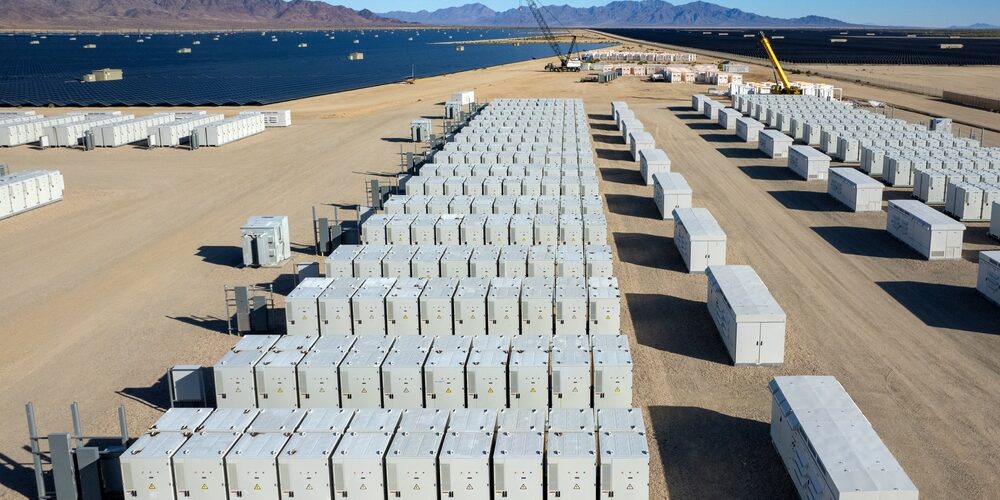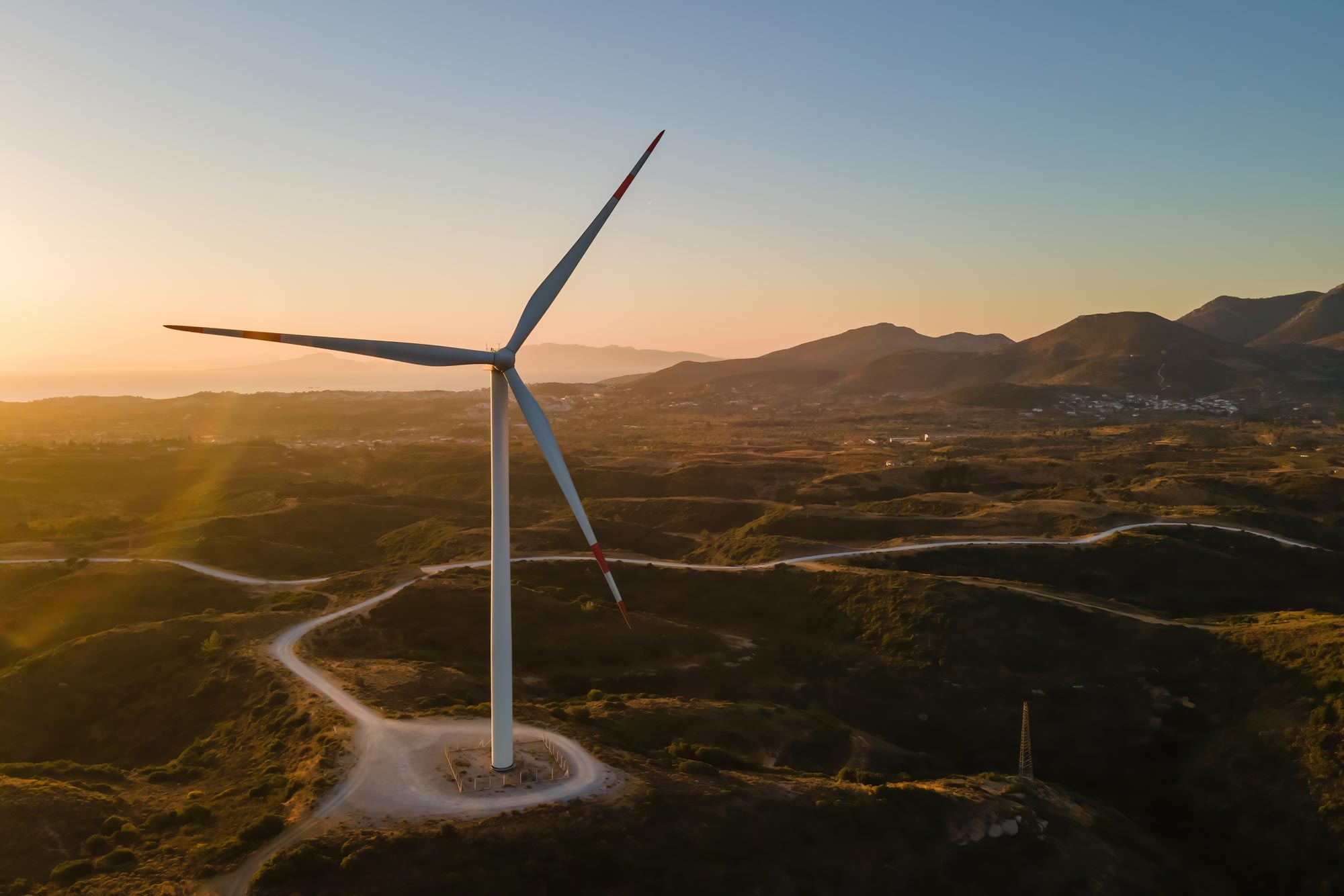Welcome to
S-Curve Economics
The shift from fossil fuels to clean technologies is the largest deliberate structural change to the global economy that has ever been attempted. It is already gathering pace, and many governments, businesses and activists are working to accelerate it further. There will be economic winners and losers from this transition. Costs, jobs, competitiveness, security – and of course, the stability of the climate – are all at stake.
Whether you aim to accelerate the transition, or to navigate it successfully, applying the wrong economic logic could cost you valuable time and resources. With the right concepts, tools, and analysis, you can target your efforts more effectively. S-Curve Economics CIC is a non-profit organisation dedicated to advancing understanding of the economics of the transition.

What we do
We produce analysis to inform action on the low carbon transition, using economic concepts and tools consistent with the context of rapid innovation and deep structural change. We also provide guidance and tools for others to use in making their own analysis.
Find out more about s-curve
We work with the leading academic researchers of the economics of transition, and top experts in the major greenhouse-gas emitting sectors of electricity generation, road transport, and steel, bringing these fields of expertise together to produce decision-relevant analysis.
We are international in our partnerships and in the focus of our work. Our findings can be used by governments, businesses, and civil society organisations.

Why we do this
Much of the economic analysis used in policy and public debate assumes that change will only be small, while the structure of the economy stays the same. In a context of technology transition, this can be misleading, resulting in wasted resources and slower progress.
Find out more about why we do this
Academic understanding of the economics of change that is structural, not marginal, is rapidly advancing. Qualitative knowledge of technology transitions of the past is being matched with new quantitative models that can simulate disruptive change in the future.
We believe that this understanding should not be confined to academia. We want to make it available to all decision-makers who have interests and influence in the low carbon transition.
By helping governments and other actors target their efforts more effectively, we aim to enable a faster and less difficult transition, with lower costs and greater economic gains.

Our team
We are a small team with leadership experience in climate change policy, diplomacy, consultancy and research. We work at the research-policy interface, collaborating with governments, research institutes, and sector-expert organisations.

Latest publications
Shifts to zero-carbon systems happen in stages, each with different challenges and solutions. First build, then break: a policy framework for accelerating zero-carbon transitions provides a practical framework for policy and strategy, and is illustrated with 18 historical and current case studies. Making Clean Steel Competitive in International Trade: A Positive-Sum Agenda for Policy and Diplomacy brings together research from Europe, China, India, Brazil and Africa to set out a new approach to policy and diplomacy on the transition to near-zero emission steel.
Our projects

Breakthrough Agenda Policy Network
Forging a common vision for more effective climate change diplomacy, starting with a focus on steel and trade

UK-China Power Market Reform Advisory Group
Identifying solutions for the world’s largest and fastest power sector transitions

Analytical tools
Bringing innovation and structural change into analysis and policy decision-making

Economics of Energy Innovation and System Transition
Modelling transitions and tipping points in power, transport, and industry.
“Unless we adopt a systems approach, unless we employ systems thinking, we will fail to understand the world we are living in”
Angel Gurria
Former Secretary General of the OECD

